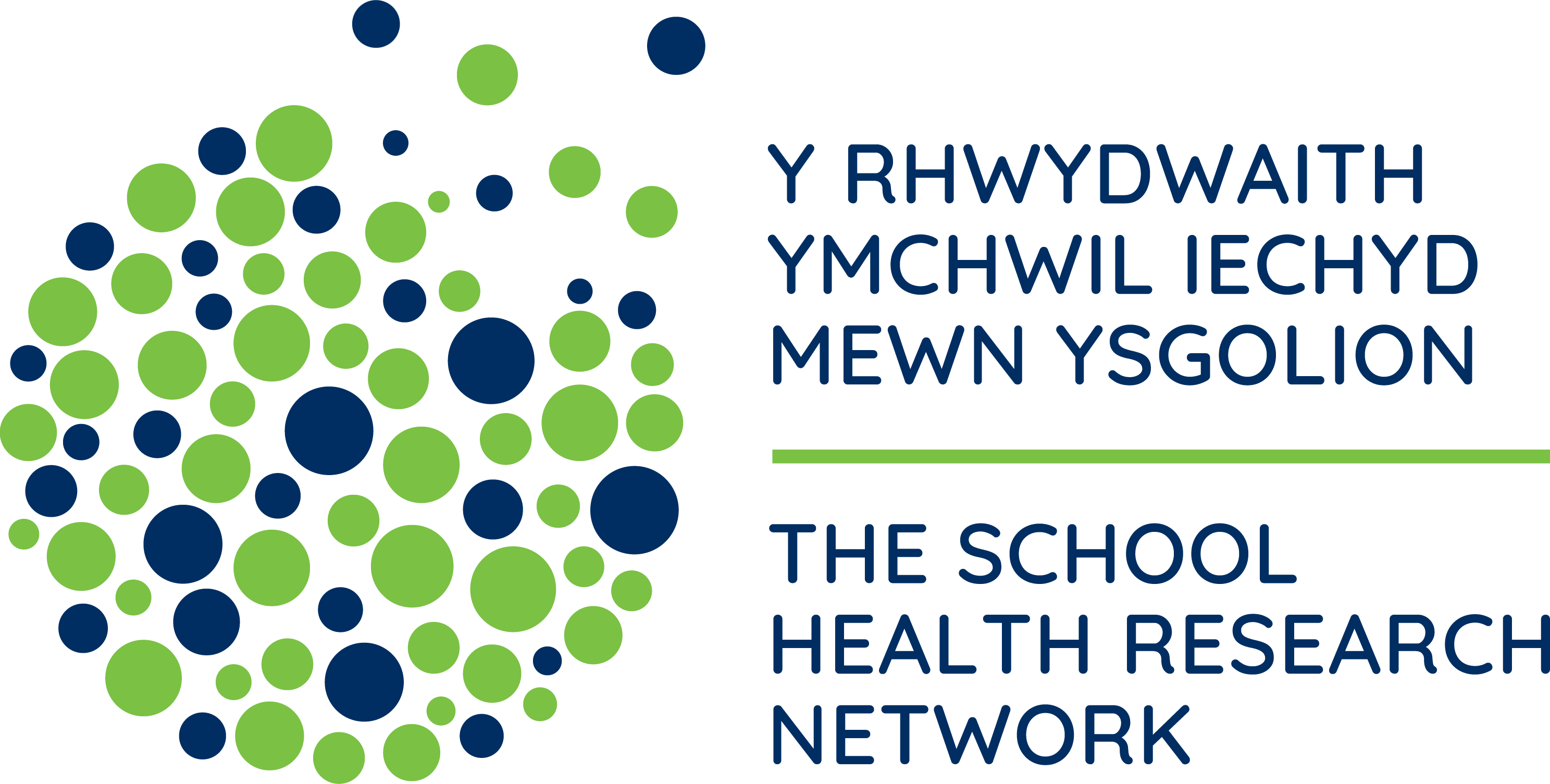At Ysgol Aberconwy, our commitment to the holistic development of our learners – academically, emotionally, and physically – has always been at the heart of what we do. Working with The School Health Research Network (SHRN) has helped us generate robust and actionable data that allowed us to fully understand our learners’ health and well-being. With this valuable insight, we were able to identify specific issues and take targeted, impactful actions to enhance our learners’ health and well-being.
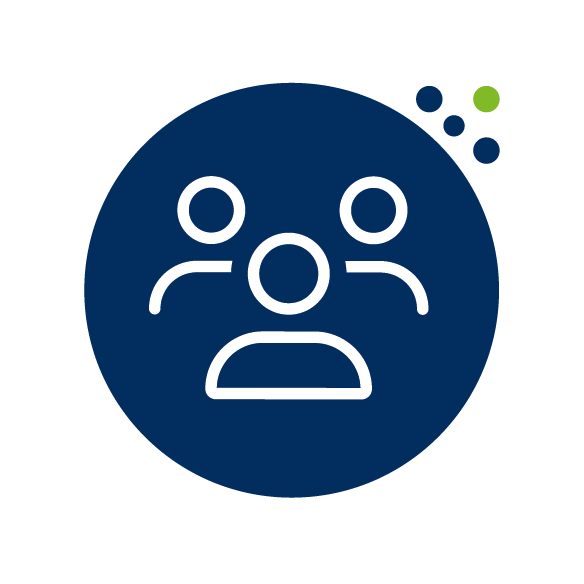
Real-Life Impact: Learners Stories That Inspire Change
One of the most rewarding aspects of our sleep initiative has been hearing the personal stories from our learners.
James, Year 10:
“Before the sleep initiative, I used to struggle with falling asleep and often felt tired during the day. After learning about the importance of sleep and using blue light filtering settings and apps on my phone and tablet, I’ve noticed a huge difference. I fall asleep faster and wake up feeling more refreshed. My concentration in class has improved, and I feel more energetic throughout the day.”
Sophie, Year 8:
“The ‘No tech after 9 pm’ rule was tough at first, but it really helped me. I used to stay up late on my phone, but now I read a book before bed instead. I sleep better and feel more focused in school. My grades have improved, and I feel happier overall.”
Liam, Year 11:
“Sticking to a consistent sleep schedule has made a big difference for me. I go to bed and wake up at the same time every day, even on weekends. This routine has helped me feel more alert and less stressed. I can concentrate better in class and have more energy for extracurricular activities.”
Emily, year 9:
“Using a sunrise alarm has been a game-changer for me. It wakes me up gently with light, and I feel more awake and ready to start the day. I’ve noticed that I’m more engaged in lessons and less irritable. It’s amazing how much better I feel with good sleep.”
These personal testimonials highlight the real-life impact of our efforts and motivate us to continue our work.
Effective Strategies: How We Tackled Learner’s Sleep Challenges
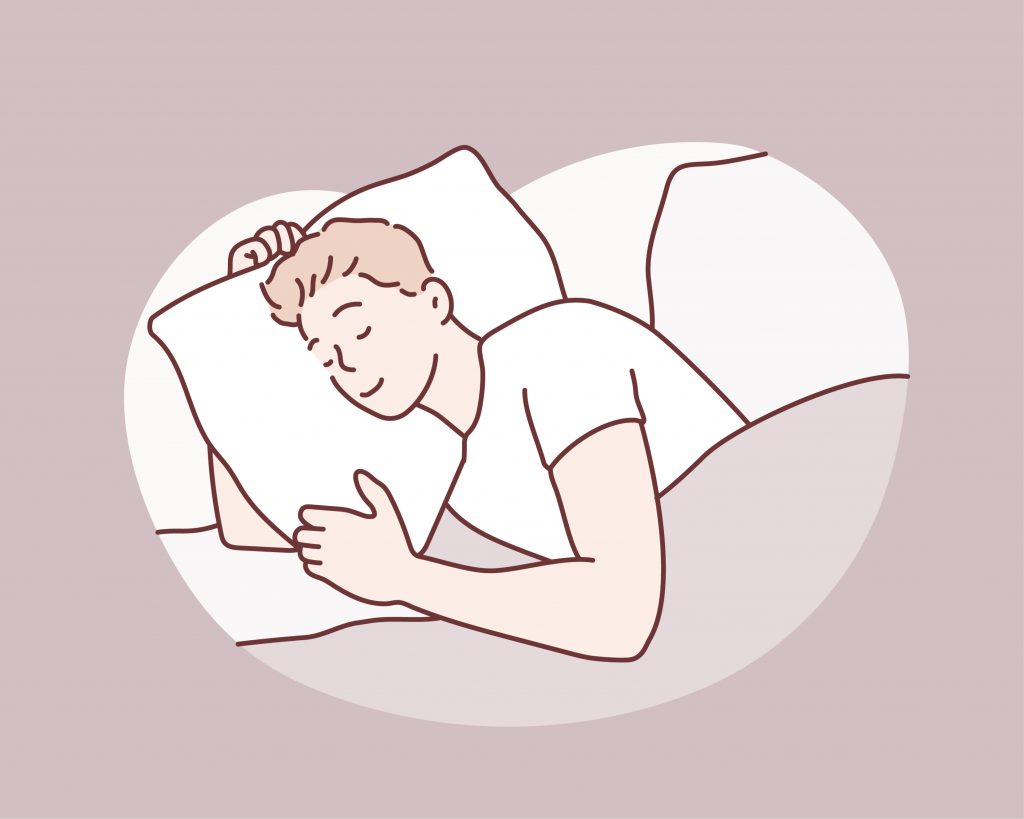
To address the sleep challenges identified through our school’s SHRN data, we implemented several strategies. We educated learners about circadian rhythms (a pattern the human body follows based on a natural and internal 24-hour clock) and encouraged them to use tools like blue light filtering settings and sunrise alarms. These tools help regulate sleep patterns by reducing exposure to blue light and simulating natural sunlight in the morning.
We also developed slogans and visual campaigns to keep sleep at the forefront of everyone’s mind. For example, the learner led iACh group (ie learners involved in the development and delivery of various health and well-being initiatives) created default desktop backgrounds for all learner and staff computers, that detailed catchy, thought-provoking slogans, such as ‘This third of the day will have the biggest impact on the other two thirds’ to understand the impact of sleep on learners’ health and well-being.
Additionally, Huw Evans, The Welsh Network of Health and Well-being Promoting Schools (WNHWPS) Healthy School Co-ordinator for Conwy, played a crucial role in helping us engage with our SHRN data. This led to the identification of sleep as a priority area, and he supported us in exploring a range of implementation strategies
Overcoming Obstacles: Turning Challenge into Active Participation
Implementing these initiatives wasn’t without its challenges. Initially, some learners were relucent to change their habits, especially when it came to reducing screen time. To address this, we engaged them in the data and discussion, helping them understand the importance of sleep, and encouraged active participation in the initiatives.
A Ripple Effect: The Broader Benefits of Better Sleep on Health and Well-being
Improved sleep has had a ripple effect on other areas of our learners’ lives. Teachers have reported better focus and engagement in class, with one teacher stating “Since our students improved their sleep habits, we’ve seen a noticeable boost in their focus, participation, and overall engagement in lessons. They’re more alert, less stressed, and seem to approach learning with a more positive attitude. Better sleep has also improved their emotional well-being, helping them stay calm under pressure and more motivated. Overall, they’re healthier, more balanced, and ready to succeed both in and out of the classroom. It’s clear that sleep plays a crucial role in their health and well-being and academic success.”
These holistic benefits underscore the importance of addressing sleep as a key component of learner health and well-being.
Looking Ahead: Future Plans to Enhance Learner Health and Well-being
Looking ahead, we are excited to continue using our SHRN data to inform our decisions on how we can further improve the health and well-being of our learners. We plan to explore other aspects of health and well-being, such as nutrition and physical activity, and implement targeted initiatives based on our data insights.
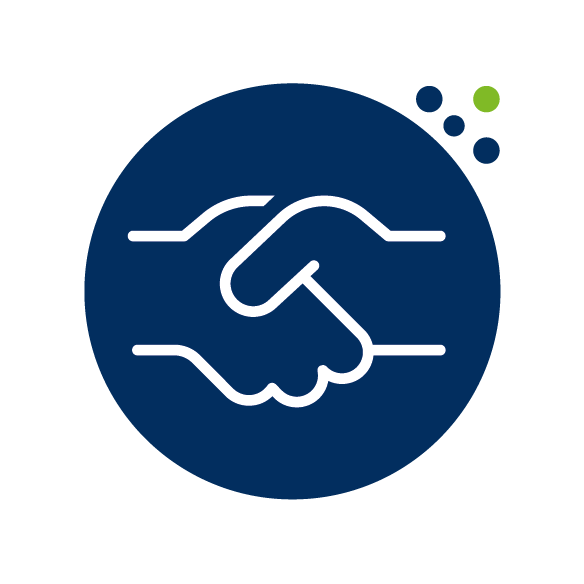
Teamwork at Its Best: How Collaboration Powered Our Success
Our success wouldn’t have been possible without the support of our external partners, including local health organisations and The Welsh Network Health and Well-being Promoting Schools (WNHWPS), and Third Sector organisations such as The Sleep Charity. Their expertise and resources have been invaluable in delivering effective support to our learners.
Parents and carers also played a vital role in supporting the movement to improve learners sleep habits, actively participating in engagement sessions led by learners themselves. Together they developed practical advice on how families could support better sleep at home, helping to reinforce healthy habits. Key recommendations included establishing a consistent sleep schedule, creating a relaxing bedtime routine, and limiting screen time before bed to ensure better sleep quality. Additional guidance emphasised the importance of a comfortable sleep environment, educating their children about sleep hygiene, and encouraging physical activity to promote restful sleep. Parents and carers were also encouraged to set a positive example by demonstrating good sleep habits themselves. Communication and collaboration with school initiatives were highlighted as essential to supporting these efforts at home, reinforcing the connection between sleep, health and well-being, and academic success.
Here’s what one parent had to say about their involvement and how it has benefited the whole family’s attitude and approach towards sleep:
‘Being part of these sessions has made a huge difference in our family’s sleep habits. The practical tips and strategies we learned have helped us establish a more consistent bedtime routine, and we’ve noticed that everyone is sleeping better. The kids are more relaxed at night, and we’ve all become more mindful about limiting screen time before bed. It’s not just about better sleep – it’s also brought our family closer together, as we now prioritise winding down together and supporting each other’s health and well-being. We can really see the positive impact on our energy, mood, and overall health and well-being.’”
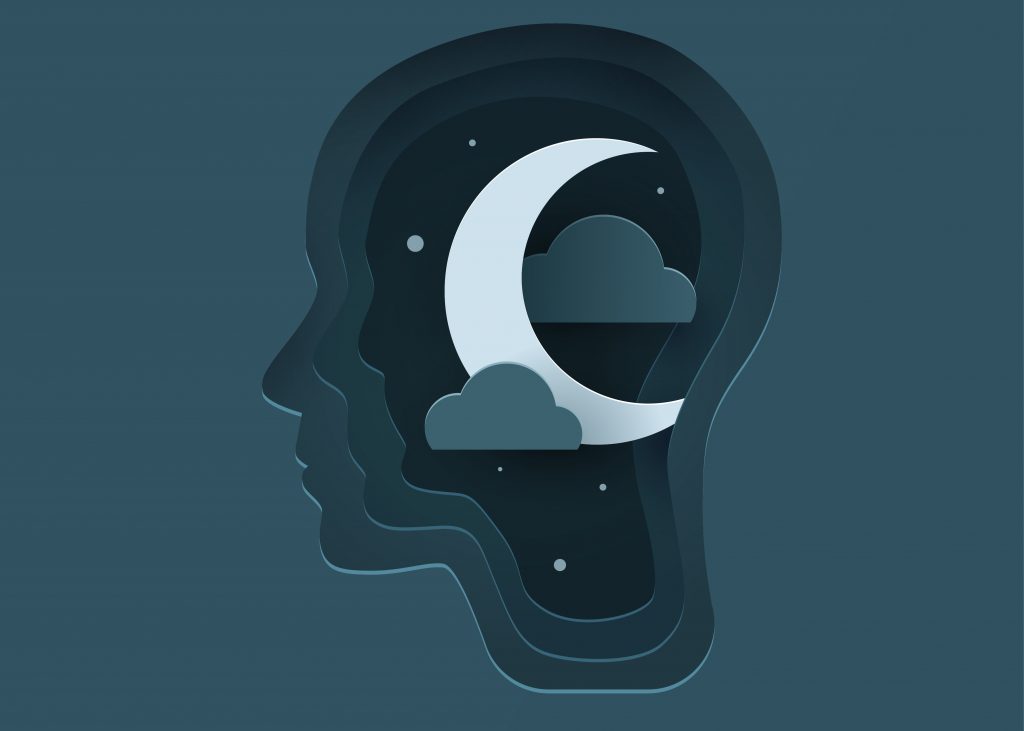
Simple Steps, Big Impact: Practical Tips for Better Sleep
For those looking to improve their own sleep habits, we recommend focusing on sleep hygiene practices (healthy habits that you can practice during the day to help you get a good night’s sleep). This includes maintaining a consistent sleep schedule, creating a relaxing bedtime routine, and minimising exposure to screens before bed. Understanding the importance of sleep and taking proactive steps can lead to significant improvements in overall health and well-being.
Encouraging Schools to Prioritise Sleep and Health and Well-being
We encourage other schools to consider similar initiatives and to utilise their SHRN school data to inform their health and well-being strategies. By sharing our experiences and insights, we hope to encourage a greater movement towards healthier, positive school communities.
Final Thoughts: How SHRN Data is Shaping a Healthier Future for Learners
In conclusion, our work with our SHRN data has been incredibly rewarding, and we are excited about the future. We believe that by prioritising our learners’ health and well-being, we are not only enhancing their academic success but also fostering a healthier, more resilient generation of learners.
Further Resources: New Insights on the Power of Sleep for Health and Well-being
New #BeeWell research has highlighted the importance of good sleep habits for young people’s overall health. The study revealed that girls’ sleep and mental well-being are closely linked. When girls reported getting enough sleep, they reported better mental wellbeing one year later. Read more about the study here.
Please note: The names used in this blog have been changed to protect the privacy of individuals.
About the Author
Rhydian is the Director of Learning at Ysgol Aberconwy Secondary School, where he is responsible for the health and well-being of both learners and staff.
He coordinates the Personal, Social, Health, and Relationship and Sexuality Education (PSHE) curriculum and oversees the school’s House charity system. (Please note, while Personal and Social Education (PSE) is the term used in Wales, Ysgol Aberconwy prefers to use the term PSHE to reflect the inclusion of health in their PSE curriculum).
With 19 years of experience as a Physical Education teacher, Rhydian is passionate about promoting healthy lifestyle behaviours that enhance the health span of the entire school community.
